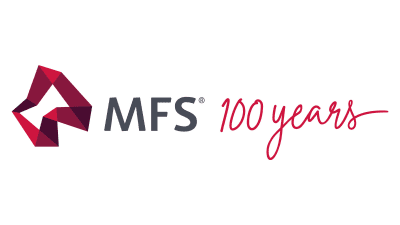The ingredient to financial planning success



Trust needs to be established as a core competency to help deliver quality advice and to help consumer regain trust in financial services, Charmaine Cheung writes.
It is clear that trust is the cornerstone of nearly every transaction, and nowhere is this more apparent than in financial advice where mutual respect and strong relationships are key.
Nobel Prize winner Kenneth Arrow said that virtually every commercial transaction has within itself an element of trust, and that much of the backwardness in the world can be explained by a lack of trust.
Harsh words, but certainly fair in assessing the importance of trust in ensuring workable ongoing relationships.
We know how important trust is when seeking advice because it's the number one reason that people turn to family and friends for financial help, over a professional.
Building trust is based on three key ingredients — competence, integrity, and benevolence.
Competence because it depends on the expectation that a certain level of capability exists, integrity which shows the counterpart with which you are dealing with is honest, and benevolence because it shows a willingness to genuinely care for someone else's interests.
Family and friends may win in the benevolence department, but despite their genuine help and caring, without the right technical experience they often can't fulfil the capability area.
Financial advice needs are complex and varied so the impacts of transition to retirement arrangements, tax minimisation and dynamic asset allocation strategies are best left to technical experts.
Never could the elements of trust be more important than in our maturing digital landscape.
This new environment calls into question multiple elements like secure data, privacy and importantly the absence of verbal and visual communication.
Balancing these elements while building and maintaining trust with clients is and will be paramount.
In fact 83 per cent agree that trust is the cornerstone of the digital economy according to recent research from a professional services company.
However, building trust especially digitally is not without its challenges.
For advisers it is much more challenging to establish trust for a service than when compared with a product. As we know, with a product we can quickly be assured of its quality and whether it is priced appropriately. Determining value from a service often takes more time.
Transparency is important for customers and many companies across industries are using tools to lift transparency to benefit the customer.
For instance there are multiple services which provide transparency across flight choice, airline carriers and price. This empowers customers to choose the most suitable flight, informed by all the available data.
Similarly in the financial advice space similar tools which open up transparency for clients have already been adopted. For example BT's Adviser View is a full register of the company's advisers including specialty areas, accreditation, education, customer ratings and location for clients to review.
Because building trust relies on a leap of faith from the person who is looking to seek trust, these tools are credible ways to provide transparency and assurance for clients.
Digital can and will be a critical path to success in the advice industry landscape.
This is because digital can help bridge the advice gap to connect the 80 per cent of Australians who currently don't seek financial help.
In a low trust environment, everything slows down. More meetings and time are required, and decisions take longer to be finalised.
At a time when our population is ageing and more people will need financial advice, re-establishing trust will be key. To re-gain trust we will need to act quickly and ensure we're responsive to customer's needs.
As an industry we are making strides to lift the trust in financial advice but there is more work to do. Together we must establish trust as a core competency, and a strategic asset which will be crucial to delivering quality advice.
Charmaine Cheung is head of advice research at BT Financial Group.
Recommended for you
In the latest edition of Ahead of the Curve in partnership with MFS Investment Management, senior managing director Benoit Anne explores the benefits of adding global bonds to a portfolio.
While M&A has ramped up nationwide, three advice heads have explored Western Australia’s emergence as a region of interest among medium-sized firms vying for growth opportunities in an increasingly competitive market.
Private wealth firm Escala Partners is seeking to become a leading player in the Australian advice landscape, helped by backing from US player Focus Financial.
In this new series in partnership with MFS Investment Management, delve into all things fixed income and discover how you can use the asset class to build better client portfolios. In this Q&A discussion, MFS managing director- head of wholesale distribution James Langlands sits down with Evidentia senior asset consultant Ron Mehmet to discuss fund selection.









